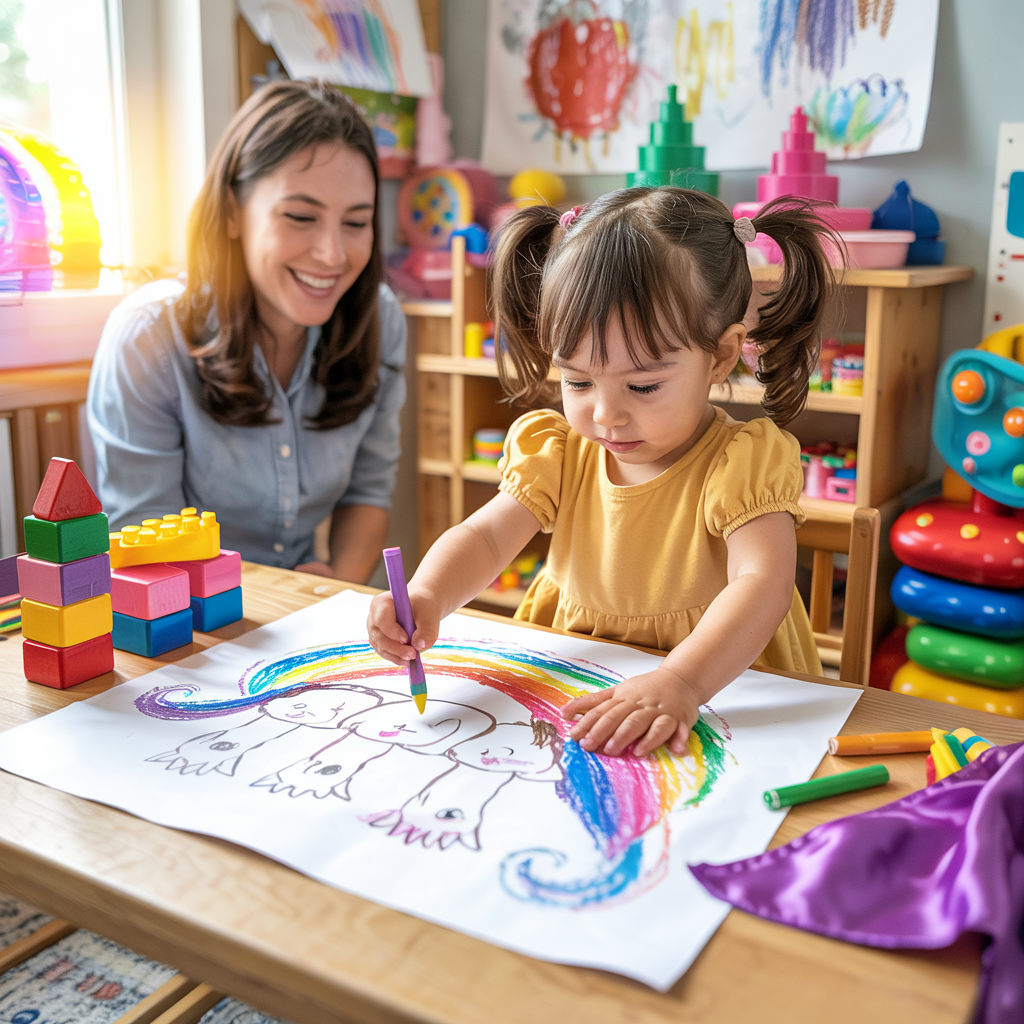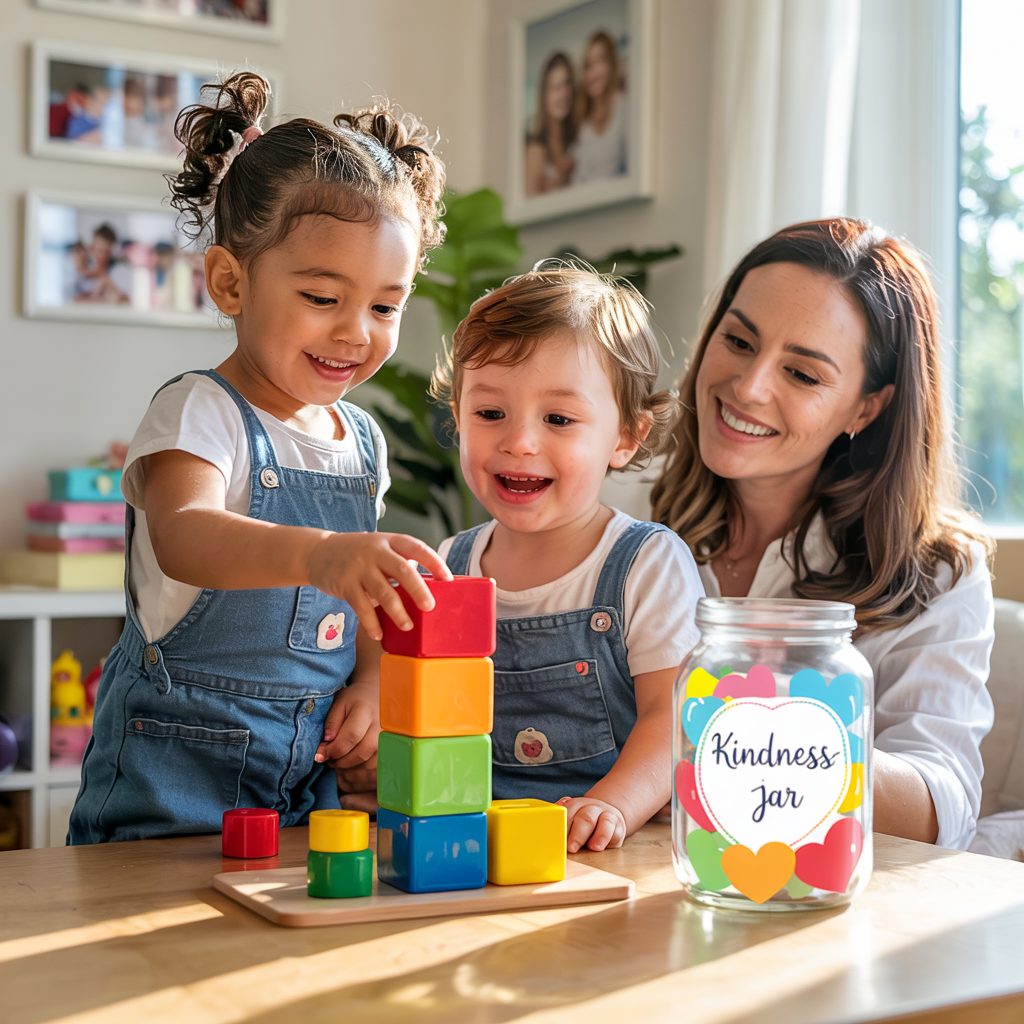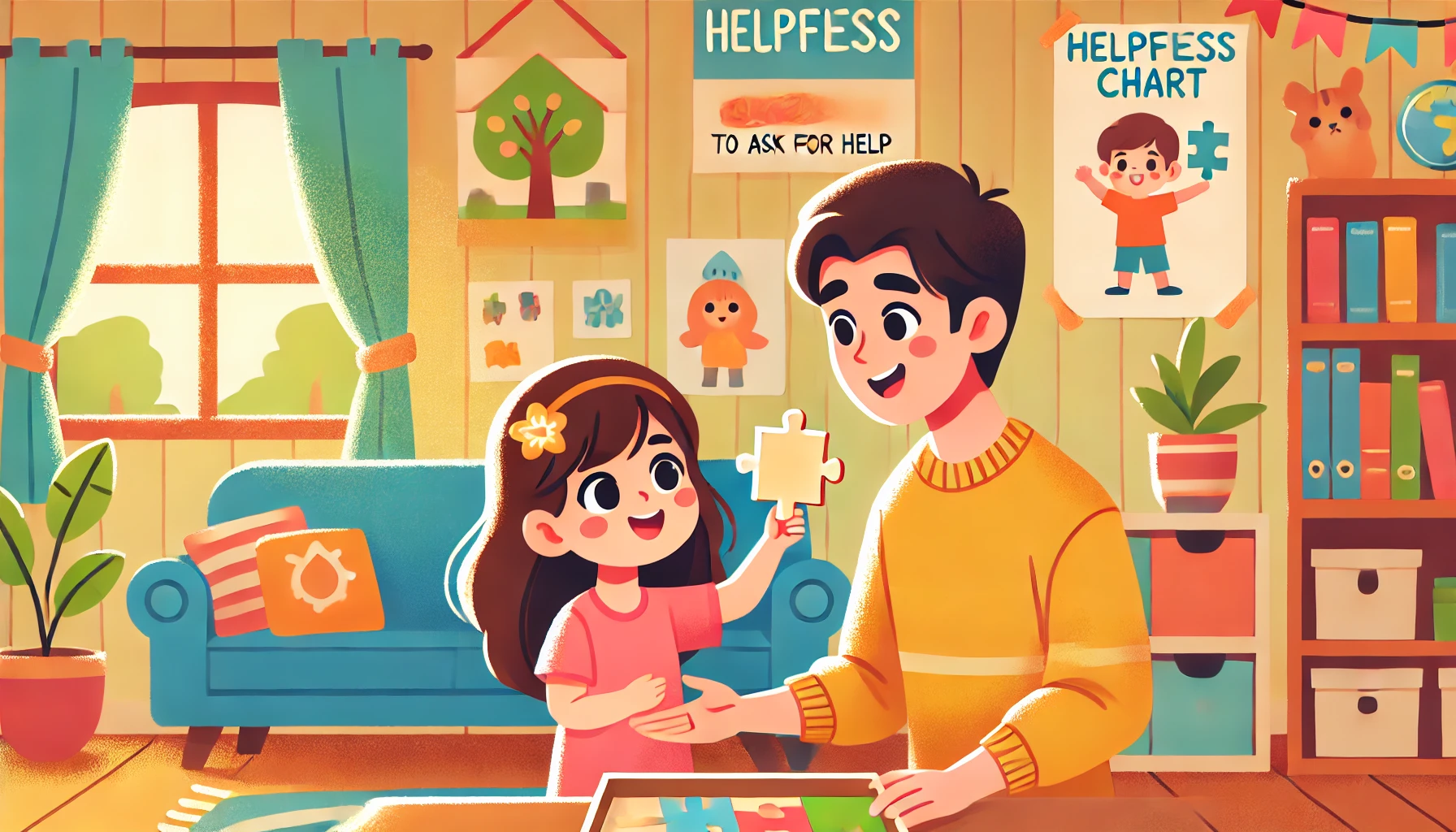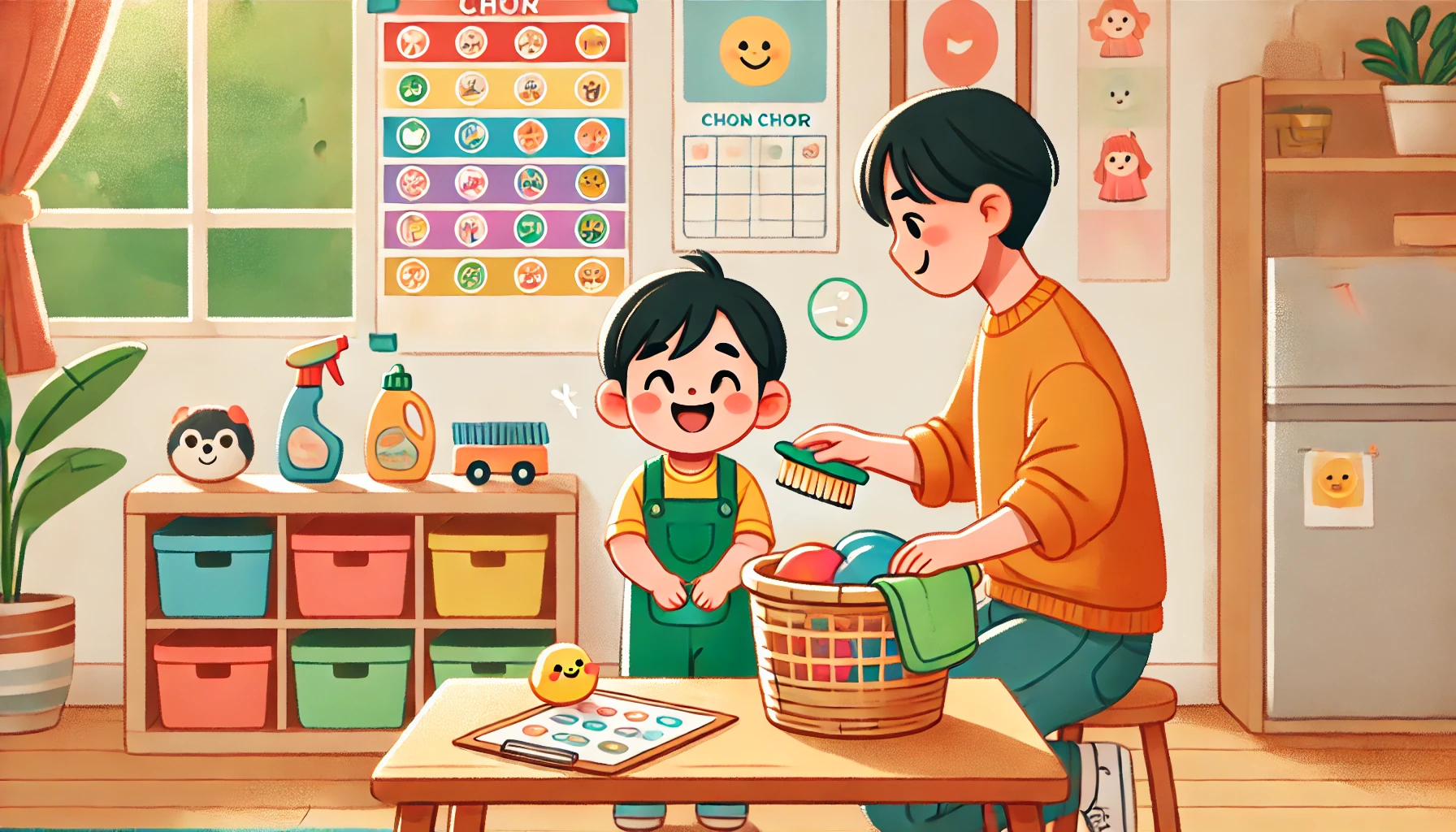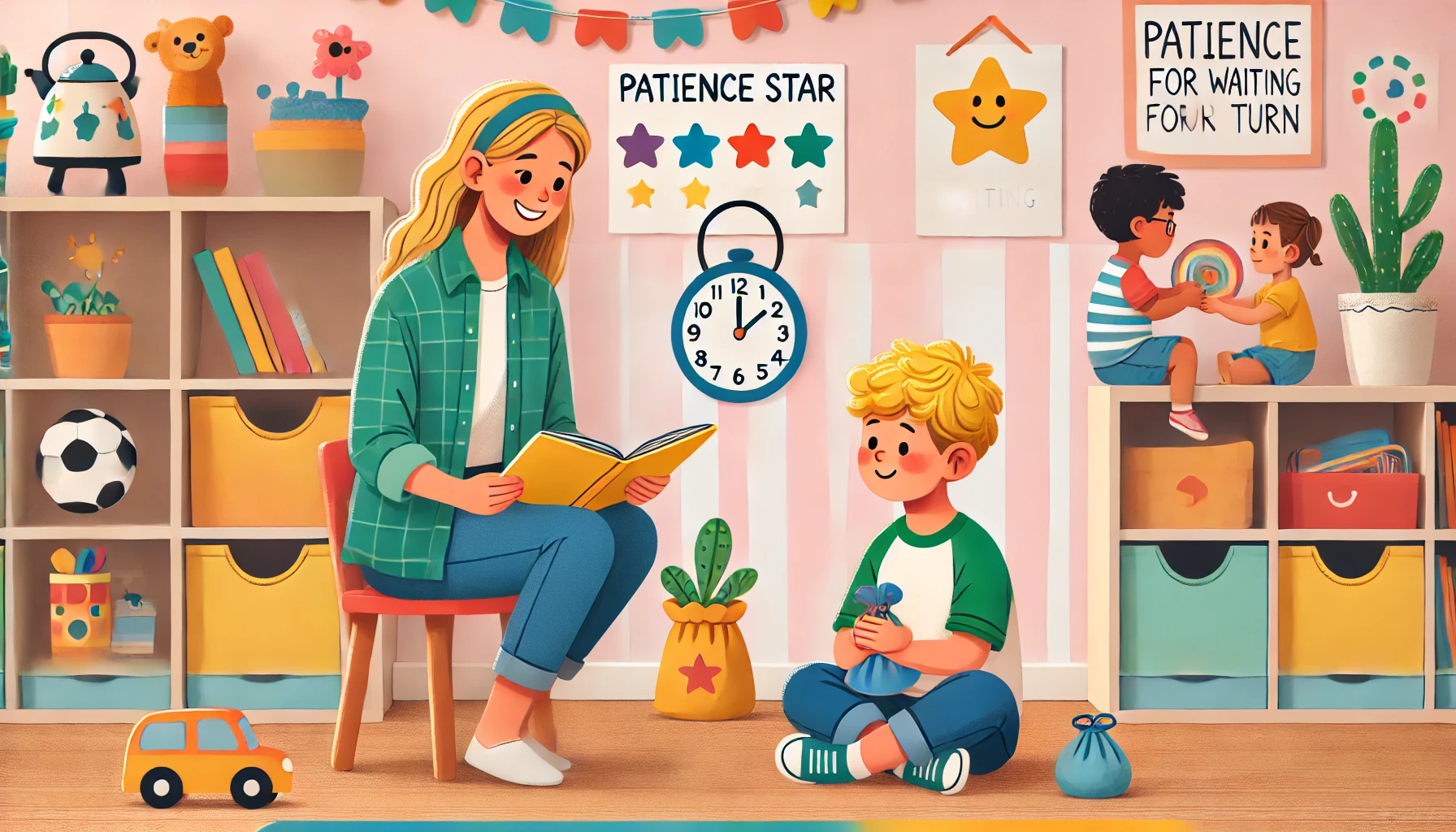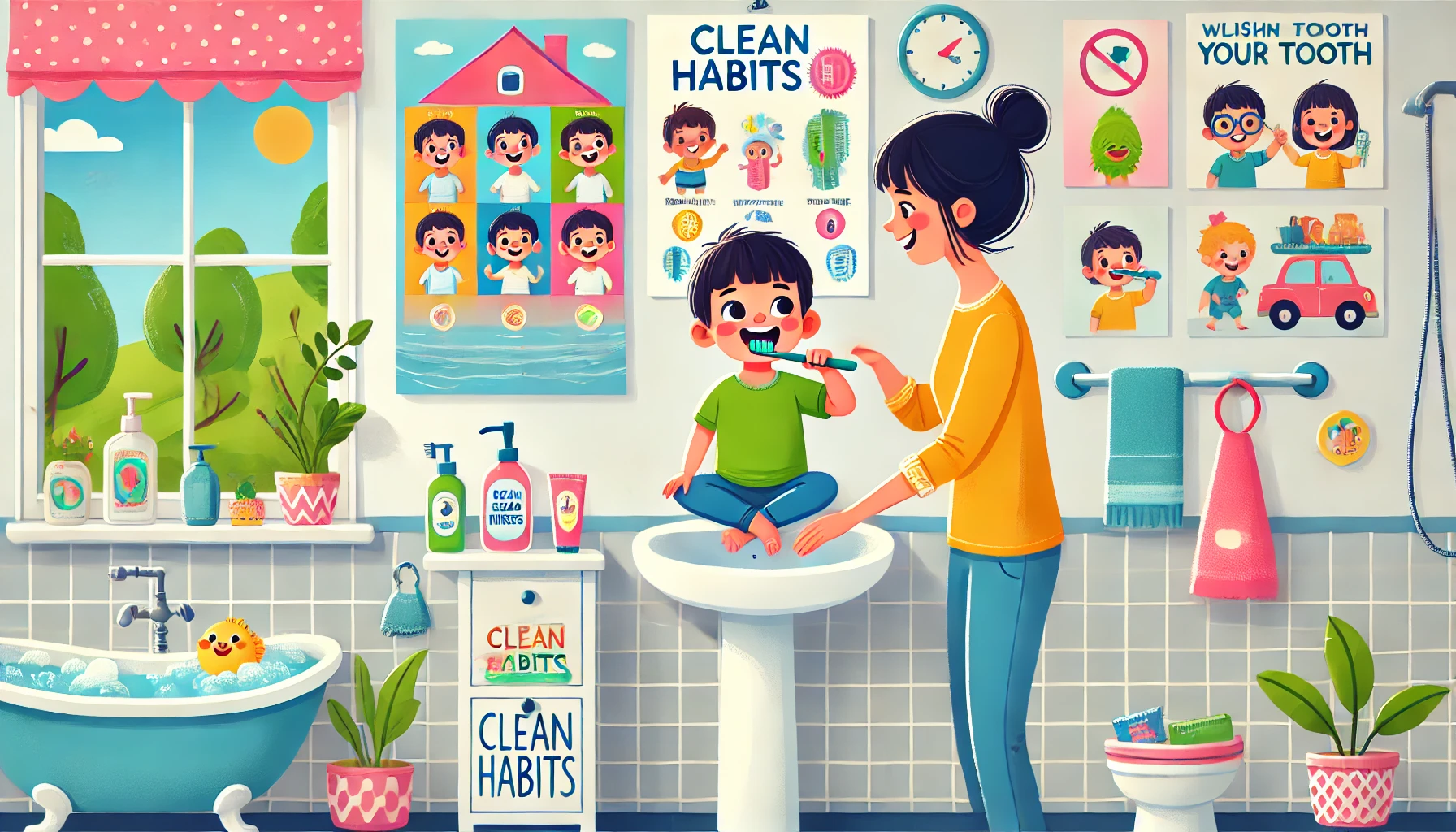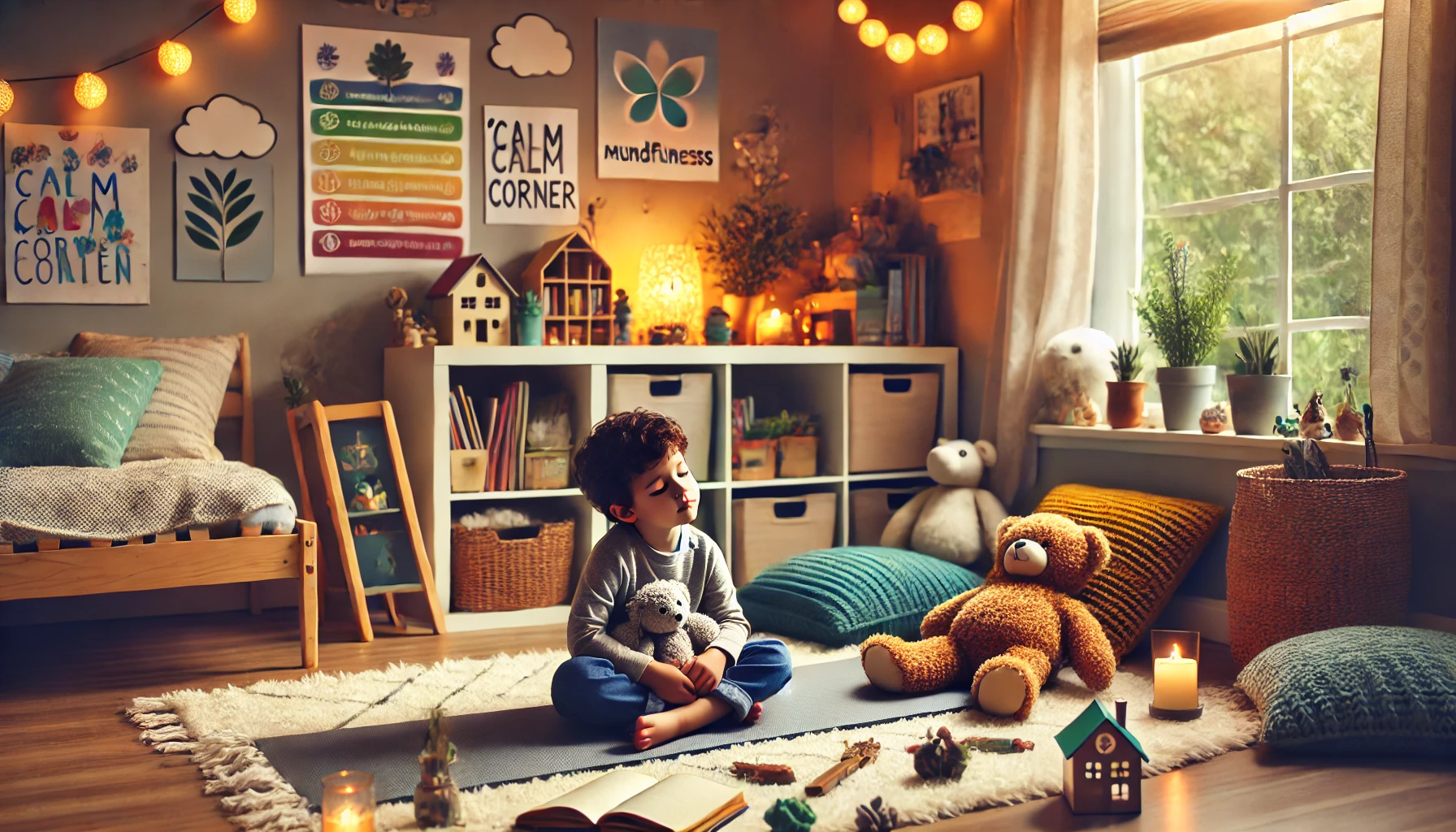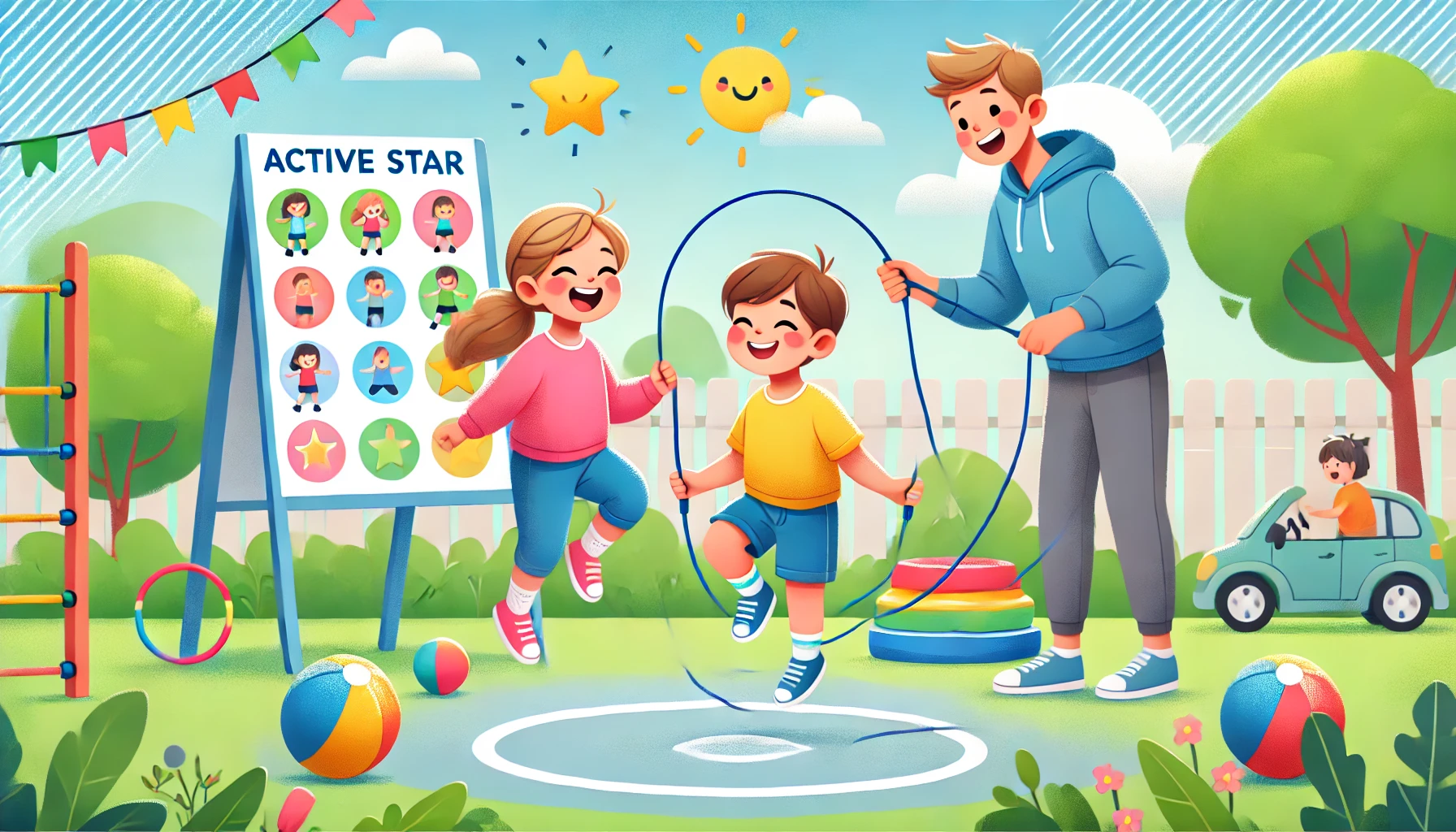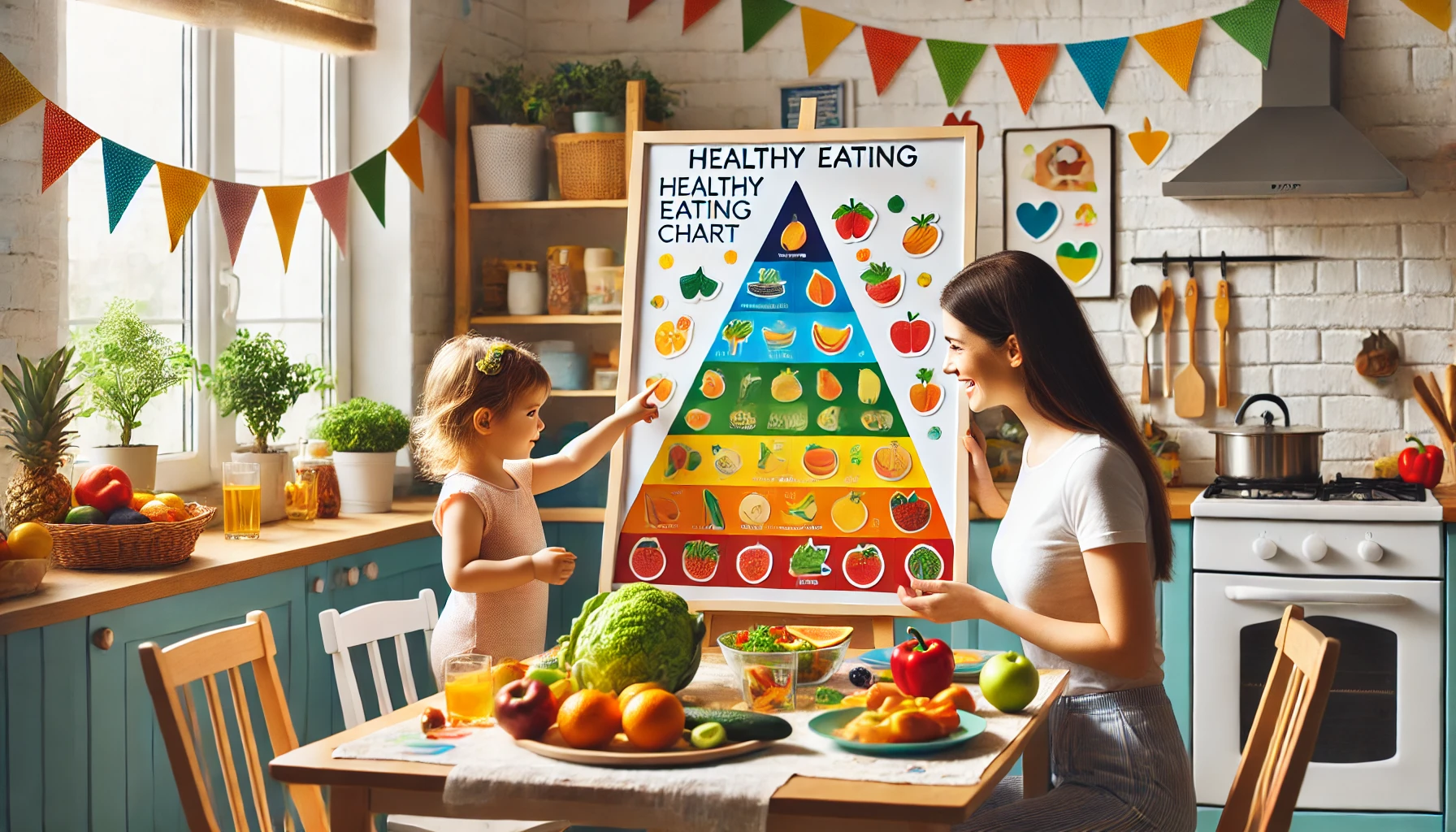How to Teach Young Children About Creativity and Imagination
Children are naturally creative. Their imaginations help them understand the world, express emotions, and explore possibilities. By encouraging creativity from an early age, we support their cognitive development, problem-solving skills, and emotional growth. Best of all, fostering imagination brings a lot of joy and wonder into everyday life! Why Creativity Matters for Children 1. Provide … Ler mais
